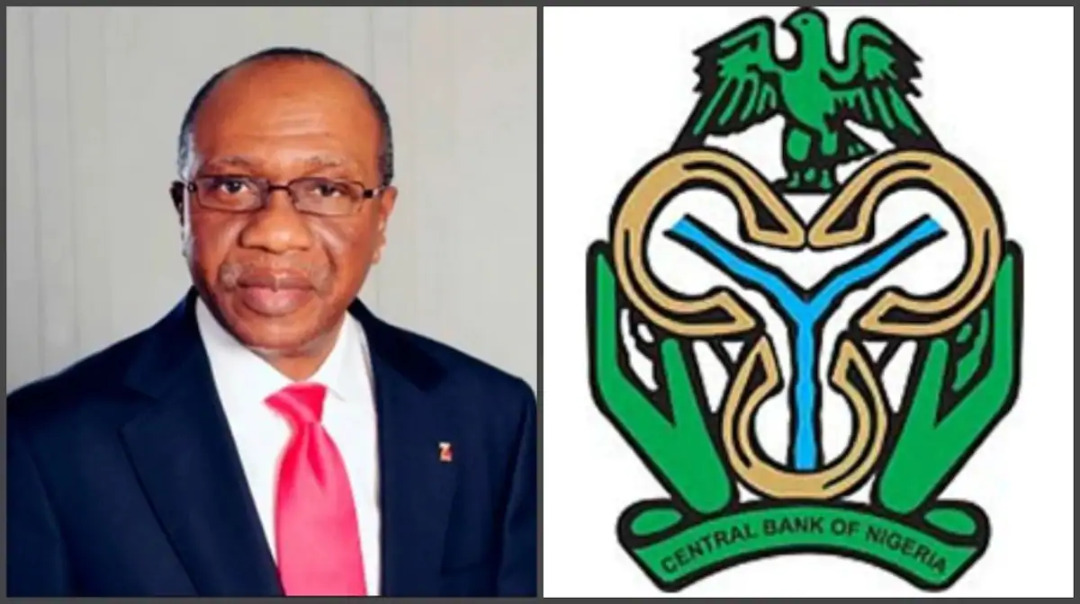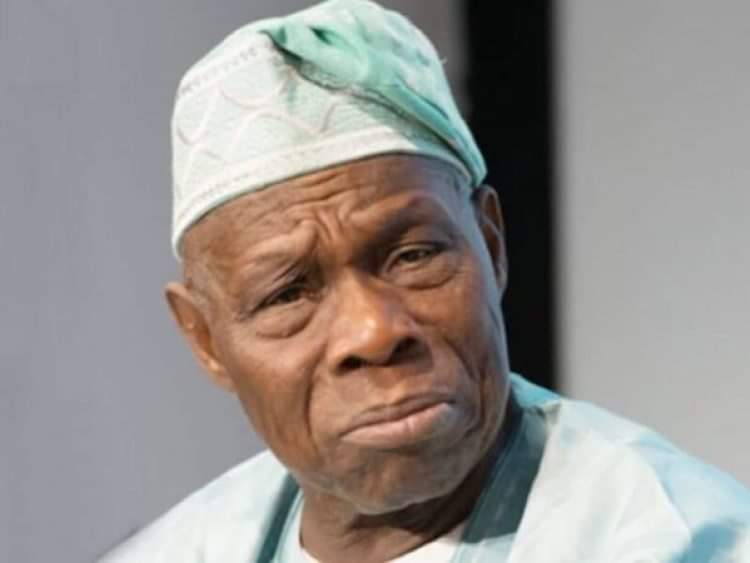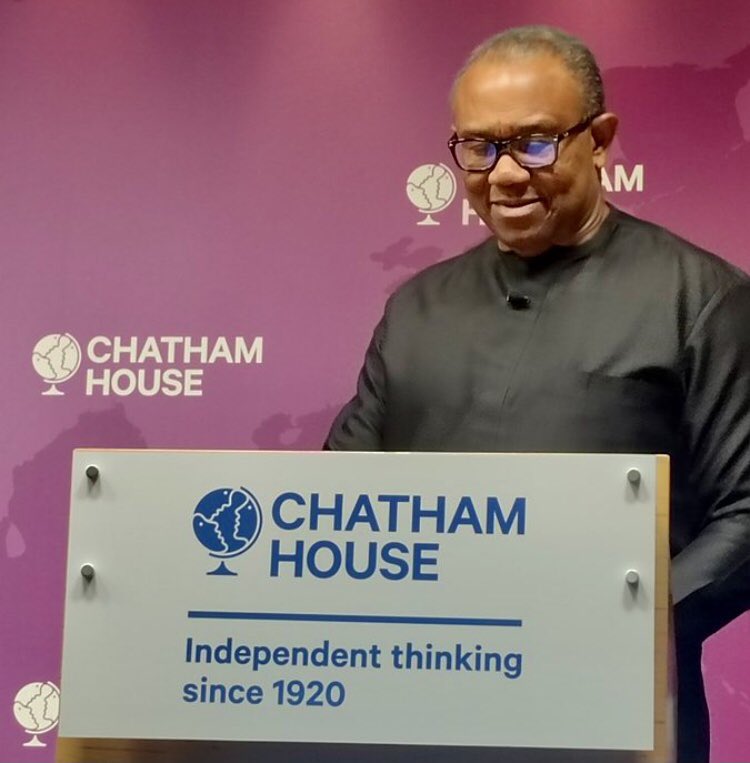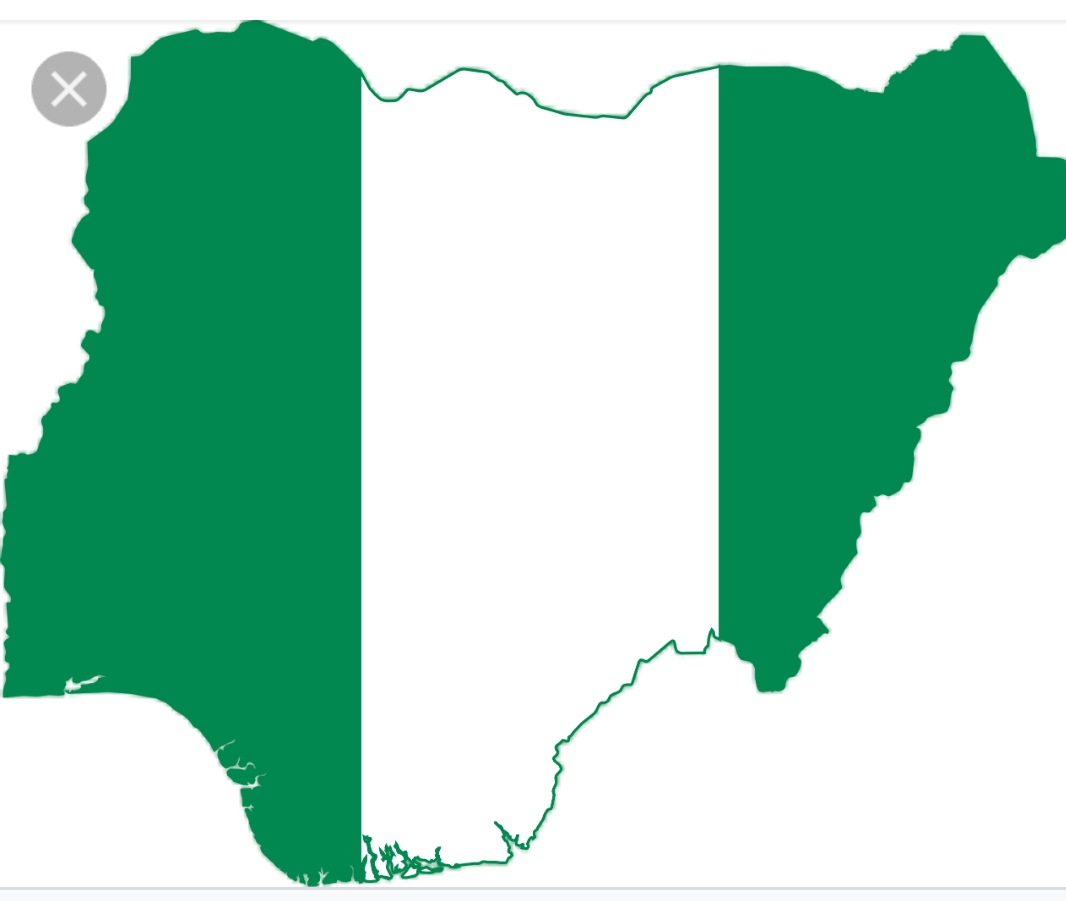It is not usually the norm to see the apex bank issue a terse statement alerting the public about plots by shadowy, but powerful elements, to discredit its policies. As a matter of fact, Central Banks all over the world are acclaimed institutions far removed from the daily grind, and the quarrelsome tendencies occasioned by many competing interests. Many reckon that the safe distance between central banking and the usually raucous discussions in the public space provides the haven needed for the monetary policy czars to reflect and make the decisions, which in turn shape the economic destinies of their respective countries. Therefore, when the Central Bank of Nigeria (CBN) Director for Corporate Communications, Isaac Okoroafor recently told news men about some sinister and subterranean plots to discredit the bank’s policies, through fake news and misinformation, several stakeholders could not have been blamed for wondering what the caveat was about. Nonetheless, those who have been watching closely enough may be able to discern the source of the hostility.
Since coming on board as helmsman of the CBN on March 6, 2014, Governor Godwin Emefiele has attracted applause and annoyance in good measure for fundamentally reshaping the role of the apex bank. Where in the past the bank tended to be aloof and driven by elitist notions of monetary policy formulation and execution, Emefiele’s CBN did some sort of reconfiguration and re-imagination of the operational context. The bank’s directrole in the life of the everyday citizen looks more pronounced now than ever before. As such, beyond staying within the traditionalist province of the experts, and central banking purists, where the fine points of monetary policy execution tends to be the beginning and end of all exertions, Emefiele’s CBN has been adding a lot more interventionist dimensions to the bank’s strategy.
A slew of programmes targeting the real sector of the economy with the goal of stimulating domestic production, has attracted derisive commentary from naysayers who contend that such direct stimulus aimed at creating jobs do not fall within the purview of the CBN. There are others who dismiss the CBN’s explanations on how the model of development financing could spur sustainable economic growth. Emefiele has been a champion of the notion that the supply of finance to various sectors of the economy would lead to the Nigerian economy growing in a holistic and inclusive way. The importance of this strategy is further underscored by its grounding around the issue of welfare. The CBN on Emefiele’s watch has been big ondevelopment finance initiatives, wherein it has formulated and implemented various policies, and led the innovation of products. Emefiele is very convinced that it is critical for the bank to take charge of the task of creating theenabling environment for financial institutions to deliver services in an effective, efficient and sustainable manner.
A cursory look at the list of sectors being targeted would show that the initiatives have in mind high impact areas such as agricultural, rural development and micro, small and medium enterprises.
There are several examples of interventions aimed at improving the flow of affordable credit to the real sector and to stimulate growth. The overarching goal of these interventions is to create jobs, facilitate the development of micro, small and medium enterprises (MSMEs), and promote financial inclusion. According to the CBN’s draft report for 2018 a total of 30,612 loans, amounting to N4.38 billion, were guaranteed in 2018 under its Agricultural Credit Guarantee Scheme.
A raft of other similar interventions to stimulate economic activities includes the Anchor Borrowers Programme (ABP), which data from 2018 shows N188.96 billion being disbursed through 19 participating financial institutions to 646,213 small holder farmers who reportedly cultivated 640,422 hectares. Other prgrammes of the bank are the Commercial Agriculture Credit Scheme, the Paddy Aggregation Scheme for rice millers, the Non Oil Export Stimulation Facility and the Export Development Facility. There is also the Micro Small and Medium Enterprises Development Fund, which saw N6.37billion being disbursed as loans and grants in 2018. The CBN has equally been very active in supporting the electricity sector as well as the aviation sector.
With these many exertions to rev up economic activities and create jobs, many would be inclined to ask why the CBN is getting vicious attacks aimed at discrediting its policies as alleged by its spokesperson. There should be a number of explanation especially against the background of several competing interests in the socio-economic space. However, one reality is that Emefiele has taken the CBN from being a distant, elitist and somewhat aloof institution to the grassroots. One of the unintended consequences of such demystification is that there will be reactions from those uncomfortable with the disruptive thinking, as well as potential beneficiaries, who are desperate to be a part of the action.
The CBN could make do with the aphorism, which talks about fruit-bearing trees attracting the most stones. In the face of the alleged onslaught to discredit the policies ofCBN therefore, what the bank requires is more dialogue with the diverse interests, which obviously would want to be a part of what it is doing. There is also the erroneous impression among many in the populace that being thebanker of the government, the CBN should have an inexhaustible supply of financial resources. Those who have not benefited from the bank’s intervention would have to understand that the monies being disbursed are not from an endless pot. The apex bank would also have to cultivate key partners to explain the fact that its coffers are also not limitless. Added to this is the campaign by civic agencies for more transparency and distributive justice in disbursement of funds to beneficiaries. The apex bank would have to deepen its engagement with stakeholders in those areas. Looking at how the COVID-19 pandemic has accentuated poverty in the land, there would definitely be more citizens asking what CBN can do for them, particularly now that Emefiele has brought the apex bank to the people by clearly demonstrating its direct relevant in the lives of regular citizens.






















